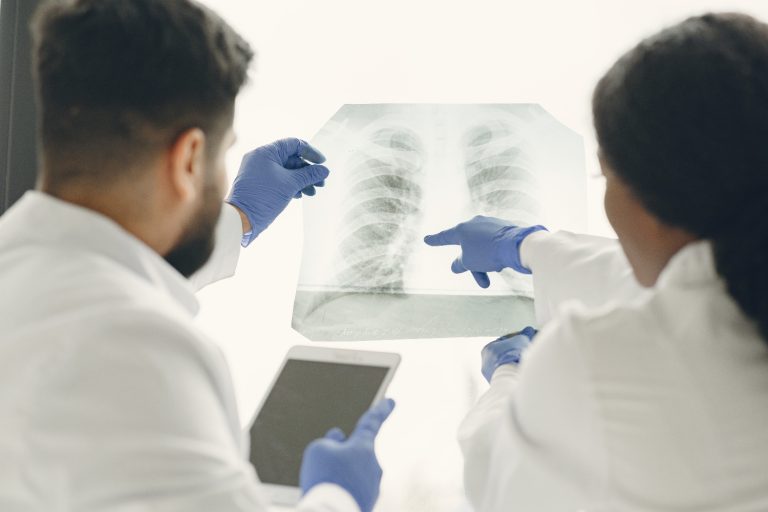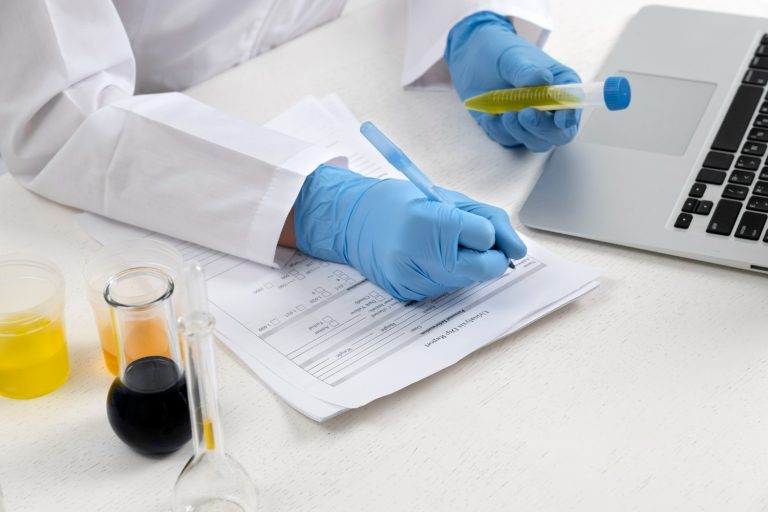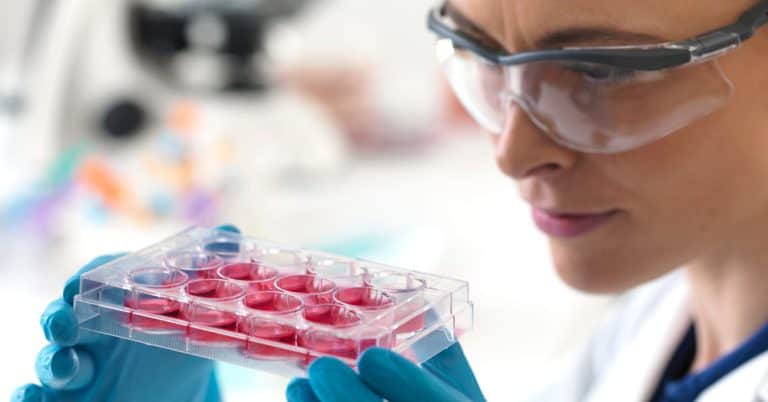The body uses the kidneys as powerful filters. They remove many dangerous and toxic substances from the tissues. The kidneys work to maintain homeostasis. This organ also controls blood pressure and helps regulate the endocrine system. Kidney disease can lead to kidney pain, which is a common symptom of many kidney disorders.
It is not the only symptom of damage to this organ. It never appears independently, but only in conjunction with other signs of kidney damage. This organ due to the peculiarities of the structure is susceptible to various diseases. If there is pain in the area where the kidneys are located, you need to seek medical help. The doctor will make a diagnosis and select the necessary drugs.
Main causes of kidney pain
The most common causes of kidney pain include:
- An inflammatory process of infectious or non-infectious origin;
- urinary retention and dilatation of the calyx;
- lack of oxygen (ischemia);
- mechanical damage;
- stretching of the organ capsule;
- compression of the kidney by a tumor or other pathological formation.
People with a history of hypertension or diabetes mellitus should be especially attentive to the condition of the kidneys. These diseases cause damage to the small vessels that supply the organ with blood, which leads to impaired function and then to the development of renal failure.
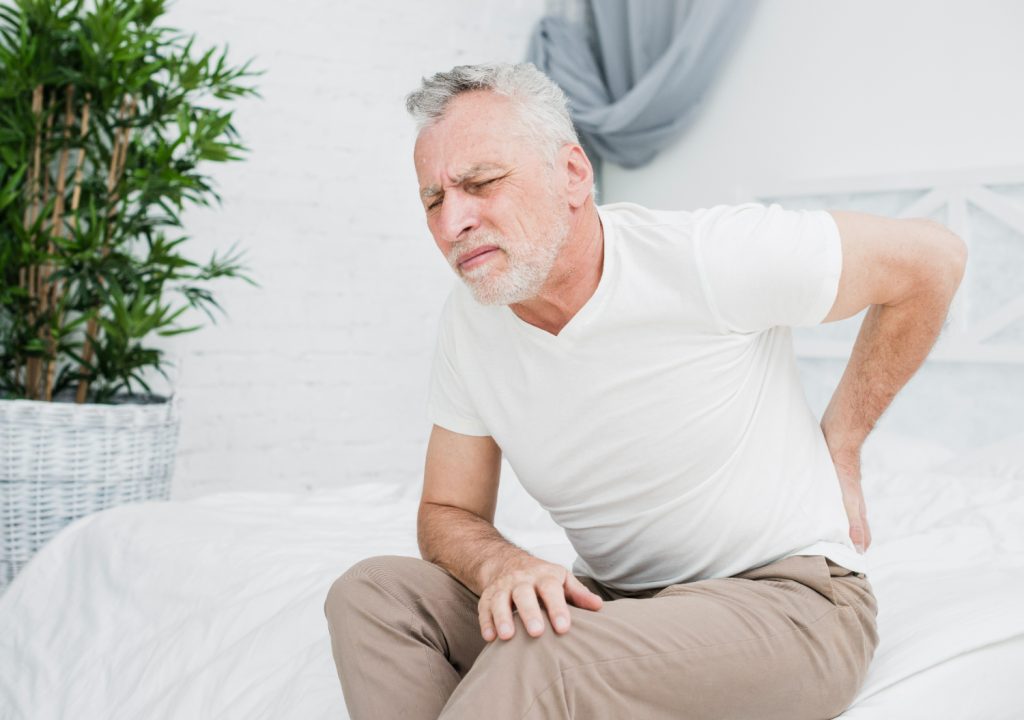
Risk factors that can provoke the appearance of pain in the kidney area include:
- Immunodeficiency (decreased immunity due to diseases, medications, etc.);
- hypothermia;
- hereditary predisposition;
- urinary retention;
- metabolic disorders;
- alcohol abuse;
- obesity or drastic weight loss;
- infections of the urinary system;
- chronic infectious diseases of other localization;
- prolonged regular constipation;
- uncontrolled intake of nutritional supplements, non-steroidal anti-inflammatory drugs, analgesics.
People who are in the risk group should regularly analyze urine, as well as visit a nephrologist or therapist. If you have pain in the lower back, even minor, you should immediately consult a doctor. The chances of full recovery increase depending on how quickly the disease or pathological condition is diagnosed.
How to recognize kidney disease
The volume and color of urine output, swelling and pain are some of the signs to look out for. The pain of kidney disease can vary. Sometimes people make the mistake of thinking it is sciatica or osteochondrosis. You should suspect something wrong with the following symptoms:
- aching and pulling in the lower back area;
- severe sharp pain on one side;
- sharp pain in the back on one side, sometimes radiating to the perineum (renal colic).
What else to look out for
A very common sign of kidney disease is impaired urine production and excretion. Patients often do not pay attention to a decrease in the amount of urine or frequent urges to urinate during the night, and this is in vain. This may be the first sign of kidney disease that requires urgent treatment.
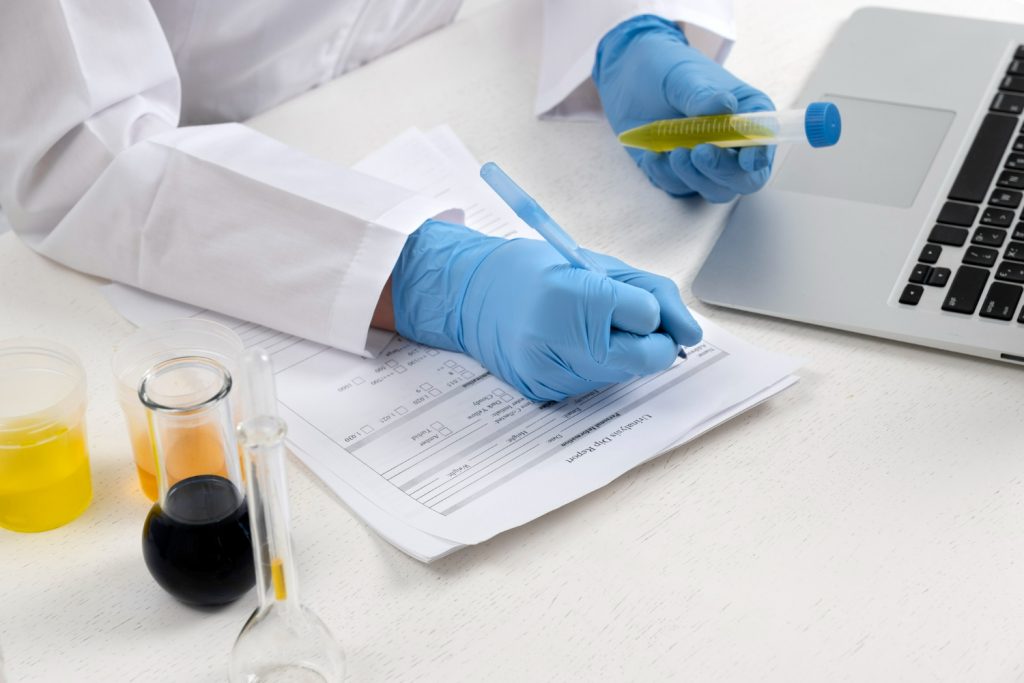
You should also pay attention to the color of your urine; normally, it should be straw-colored. The presence of blood in the urine, known as microhematuria, can be a sign of even a slight darkening. Thus, at the first sign of malaise, it is advisable to have urine analyzed.
Implicit signs of kidney disease
There are a number of symptoms that do not seem to be related to kidney disease. If you have recurrent cramps, dry mouth, dizziness and headaches, and if you have untreated hypertension or anemia, you should visit your doctor and get tested.
Which doctor to see if my kidneys hurt?
Inflammation of the kidneys and other diseases of this organ are treated by doctors of different specialties. This is due to the different types of disorders. The patient is referred to a therapist if they have pain in the kidneys. The therapist recommends them to take various tests such as urine, blood and others to determine the source of pathology.
Based on the results of the examination, the patient is referred to a narrow specialist in the profile of diseases. Treatment and selection of effective remedies for kidney disease are engaged in the following specialists:
- Urologist. This doctor is engaged in the treatment of urolithiasis and other pathologies of the urinary system. He performs operations to remove stones that are located in the renal pelvis.
- Nephrologist. A doctor who specializes only in the treatment of kidney diseases.
- Surgeon. To this specialist, the patient is referred to this specialist when surgical intervention is necessary to treat pathology.
- Dietitian. If the patient suffers from kidney disease, he should follow a special diet. In this case, the patient’s diet is selected by this specialist.
Doctors of all the above specialties will be able to make an accurate diagnosis of kidney disease. Joint management of the patient is required in many cases in the development of renal pathology.

Can I self-treat kidney pain?
You should not try to treat kidney pain on your own if it is causing you discomfort. If you have any symptoms that indicate that you may have kidney problems, you should visit your doctor right away.
Only after studying the data on the course of the disease and conducting appropriate tests, the specialist can make an accurate diagnosis and prescribe the appropriate therapy. Correctly chosen methods of treatment help to recover faster or put the disease into remission.
If the patient does not turn to the doctor in a timely manner, this leads to the development of complications that are difficult to treat. Sometimes, if delayed in seeking medical help, a lethal outcome is possible.

